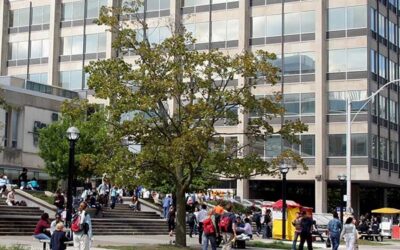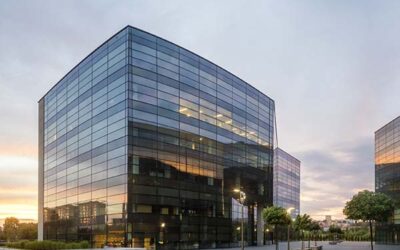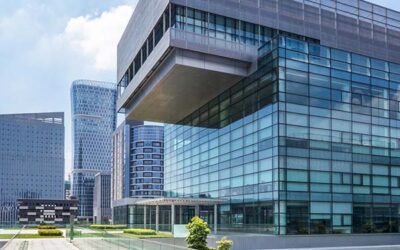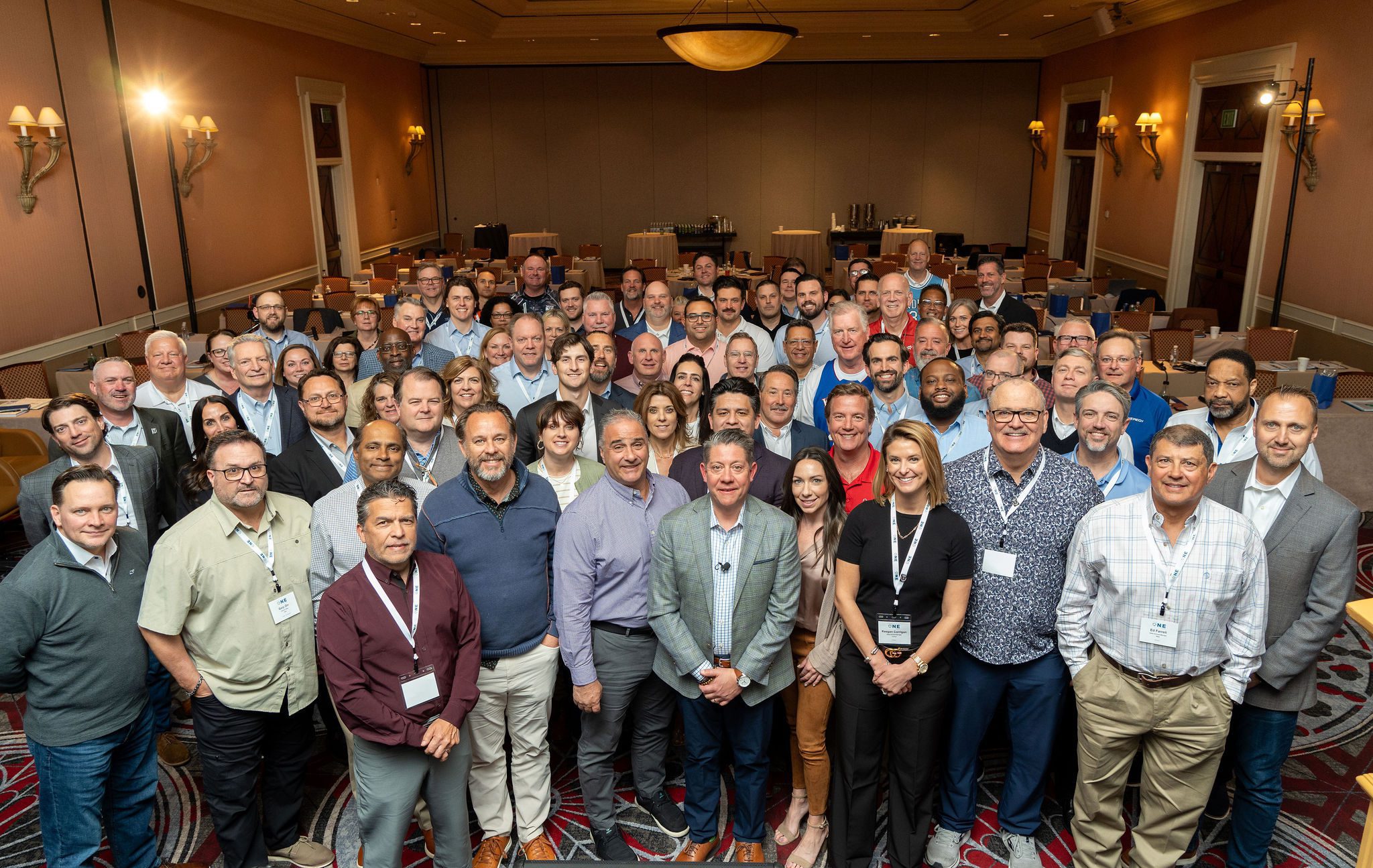The King County City Collaborative (K4C) is a partnership between King County and seventeen cities in Washington State to enhance the effectiveness of their emission reduction and sustainability actions.
What are Climate Action Plans?
Climate Action Plans are being adopted all over the world by any government or organization that is motivated to take measurable actions on their climate impact. CAPs are used at all scales of government, from the federal level down to the states, counties, and cities.
PLC-Based Energy Management Systems for the Modern Manufacturing Facility
Discover the next generation of energy management and HVAC control for manufacturing facilities in the form of Programmable Logic Controllers (PLCs).
Retro-Commissioning: Increase Building Performance and Efficiency
Taking charge of the efficiency of your building is essential to reducing your utility expenditures and improving your organization’s bottom line. Having a competent commissioning authority on your team is essential when constructing new systems or substantially expanding existing ones.
The Ultimate Guide to LEED Certification
The certifying body for LEED certification is the USGBC, a private 501(c)3 membership-based non-profit that was established in 1993. The purpose of the USGBC is to promote sustainability in building design, construction, and operation, which is most prominently enacted through the LEED program.
Improve the Efficiency of Your Compressed Air System
Have you ever woken in the middle of the night in a cold sweat wondering if your plant is using more energy than it should, putting you at a disadvantage as compared to your competition? E
Enhanced Retro-Commissioning (ERCx)
Optimizing energy efficiency in an older building can present many opportunities and challenges. Depending on when the facility was constructed, you could be dealing with aging HVAC systems, outdated controls hardware, inefficient controls sequences of operation, and other systems designed for a building that has evolved away from its original design intent.
Monitoring-Based Commissioning for New and Existing Buildings
The key advantage of monitoring-based commissioning is the availability of a constant stream of data to inform decision-making. When faced with dynamic facility operations, it is essential to know how your building’s systems are responding to changing conditions.
Industrial Retro-Commissioning Generates Significant Energy Savings
Industrial facilities often focus on capital-intensive projects, such as equipment replacement, or the installation of devices or widgets to improve their energy performance instead of looking at the operations of the energy-consuming systems as a whole.
Introduction to Commissioning
Designers are the architecture and engineering professionals that decide how a building is to be constructed and how a proposed system will be integrated into the building. The contractors are the workers doing the actual physical construction: pouring concrete, wiring new system controls, installing new heat exchange components,
The Need for KPIs and Production Data in Energy Monitoring Systems
Have you ever woken in the middle of the night in a cold sweat wondering if your plant is using more energy than it should, putting you at a disadvantage as compared to your competition? E
Energy Terminology 101: The Basics of Energy Usage and Production
If you’re new to the world of energy production and usage, some of the scientific and engineering terminologies can feel a little intimidating. Knowing the basics will help you navigate opportunities for improving your energy efficiency, and guide your decision making. Our experts at Veregy have set out to answer your questions and define common energy terminology.

















